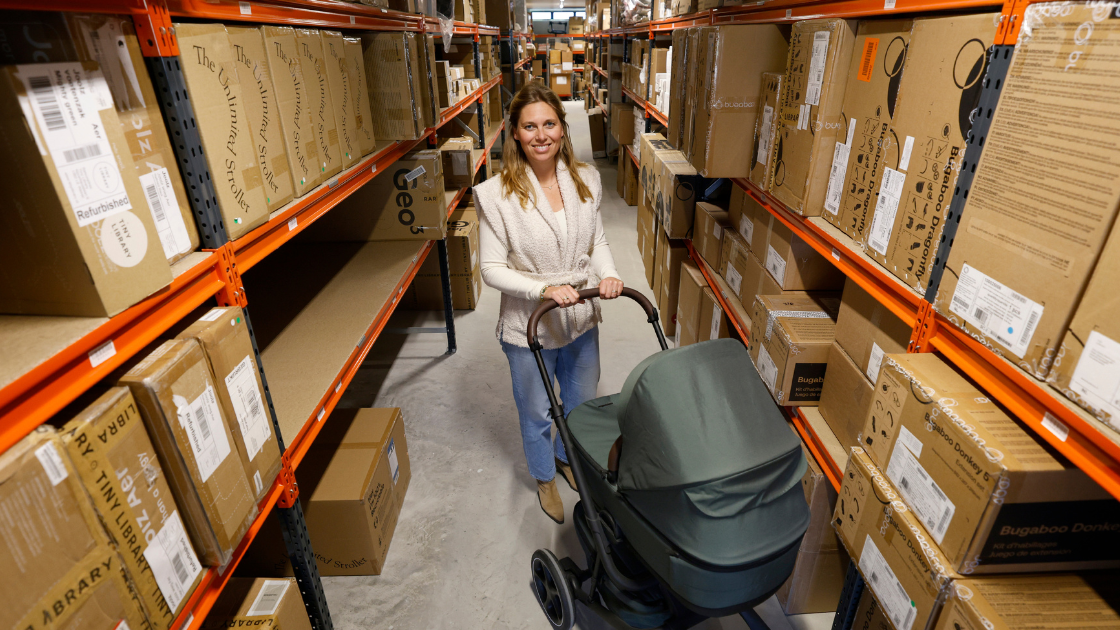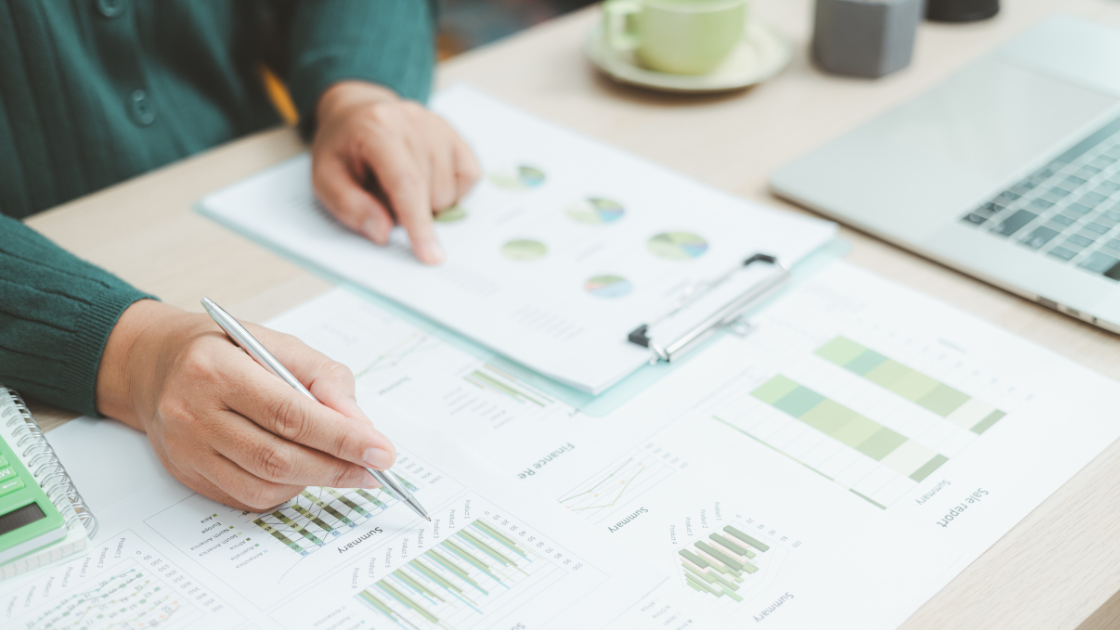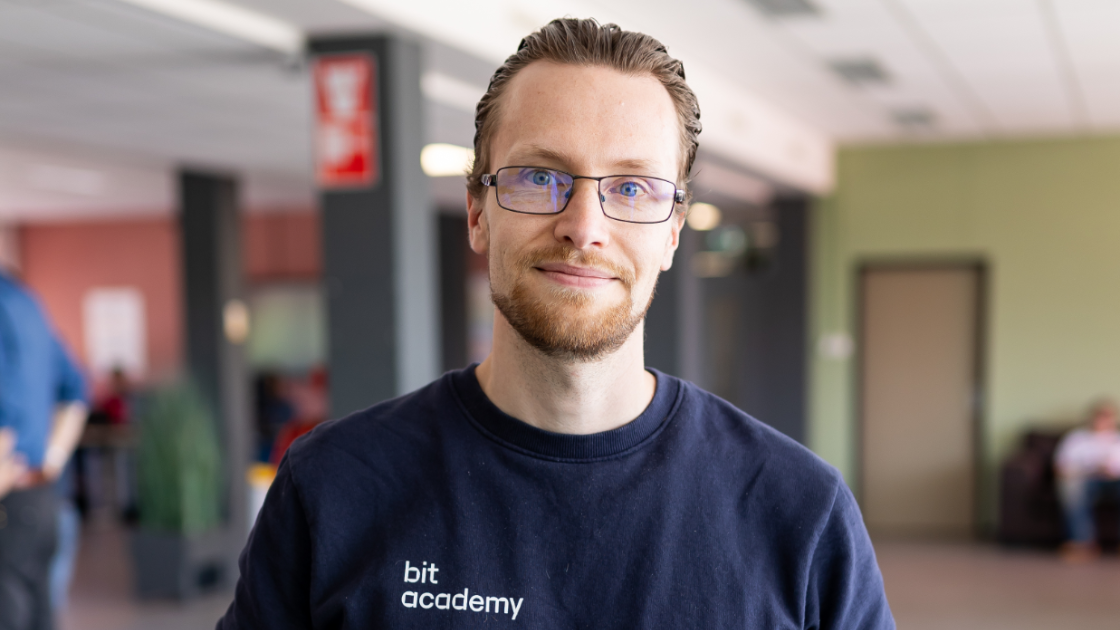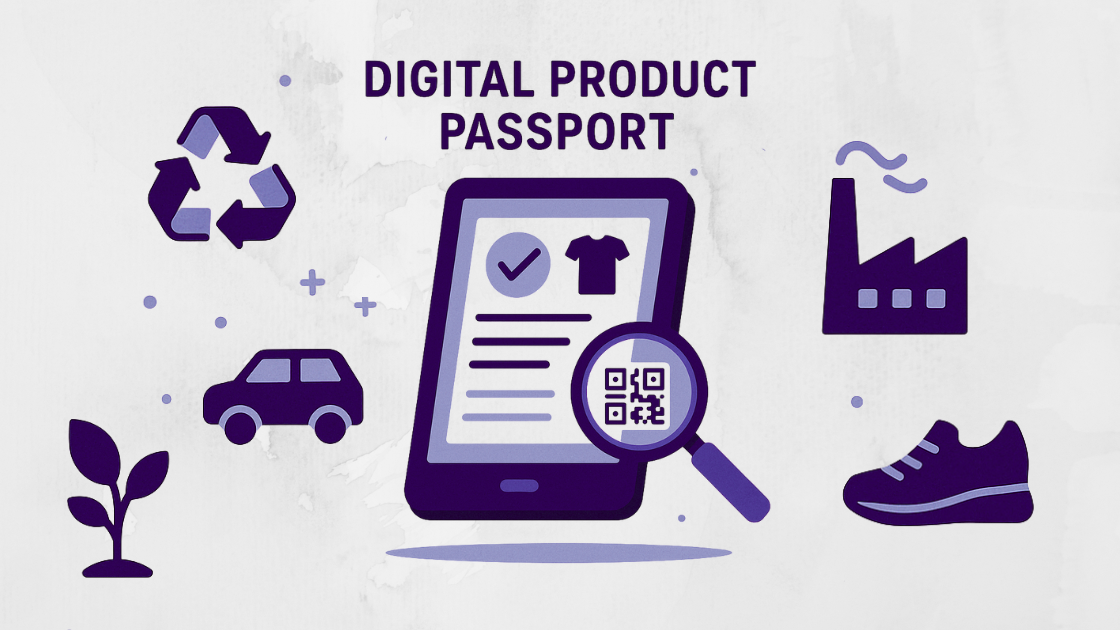Lead the Change: how Tiny Library makes baby products circular
Having a baby often means filling your house with new things. From prams to co-sleepers, from carriers to car seats. Most of these products are only used for a short time and then end up in the attic or on a second-hand site. Julie Munneke-Tromp saw this first-hand and decided things had to change. Five years ago, she started with a handful of her own baby items. Today, that idea has evolved into Tiny Library: a circular library for baby products that offers parents convenience and flexibility, helping to make the world a more sustainable place.

From Eight Items to a Circular Platform
Tiny Library began small and personal. Founder Julie started with just eight baby products she no longer needed. She put them online to test demand and quickly discovered there was plenty.
“I realised parents weren’t only looking to borrow things, what they really wanted was flexibility. You never know how long you’ll need something, and renting gives you that freedom.”
Between New and Second-Hand
Tiny Library sits between two familiar options: buying new or buying second-hand. Julie explains:
“With us, everything is professionally cleaned and checked. It feels new, but with the benefits of reuse. You avoid the uncertainty of second-hand sites, and the high cost of buying new.”
Parents can also choose to keep items. “You can’t always plan if you’ll have another child, or if you really like the product. Then it’s nice to have the option to buy instead of returning it.”
The Challenges of a Circular Business
The circular model is effective, but it also presents challenges.
“People often expect a bol.com experience: order today, delivered tomorrow. Our products are large and need careful cleaning and preparation. That takes time. Managing expectations isn’t always easy.”
Reuse also brings realities. Baby products show signs of use. “It’s vital that parents trust everything is clean and safe. That’s why we do all the cleaning and checks ourselves, so every product is in top condition before it goes to the next family.”
Bringing Impact to Light
Tiny Library’s approach delivers tangible results. Prams, co-sleepers and other large items are used by an average of three to six families, sometimes more.
“Sometimes we get a pram back that has been in use for five years and still looks as good as new. That shows the real value of smart reuse,” says Julie.
But measuring and reporting impact is not always easy. Certifications are costly and time-consuming, but Julie focuses on clarity:
“In the end, it’s about one simple question: how many new products don’t need to be made because families share them through us?”
Sustainability Across ESG
Circularity and the environment are central, but Tiny Library also looks wider.
“We work with people distanced from the labour market, giving them valuable roles in our process. That social element matters to us.”
Governance also plays a role, with careful partner selection. “We only include high-quality brands with long-lasting products. We’ve deliberately excluded some items because they don’t fit our values.”
Looking Ahead
In the coming years, Tiny Library plans to expand its reach and assortment.
Julie: “I hope renting becomes just as normal as buying. If more families share instead of owning, we can really make a difference.”
Sustainability as DNA
For Julie, sustainability isn’t a marketing slogan; it’s a personal conviction.
“I live consciously. I buy second-hand and think carefully about what I really need. Overconsumption is a big problem. Tiny Library is my way of tackling it in business.”
That commitment also shapes the team. “You can feel that sustainability runs through our DNA. It’s part of our culture. Everyone connects to the mission.”
Julie’s tip for others starting in sustainability:
“It has to be part of your DNA. If you work on it every day, it naturally shapes your decisions. That’s how you keep going, and that’s how you make a real impact.”
Just like Tiny Library stimulates conscious buying and smarter use, Eevery helps your business do the same. Measure your impact, see where to improve, and turn sustainability into a strength for the future.
Book a free demo and discover how your company can shape a sustainable future.



